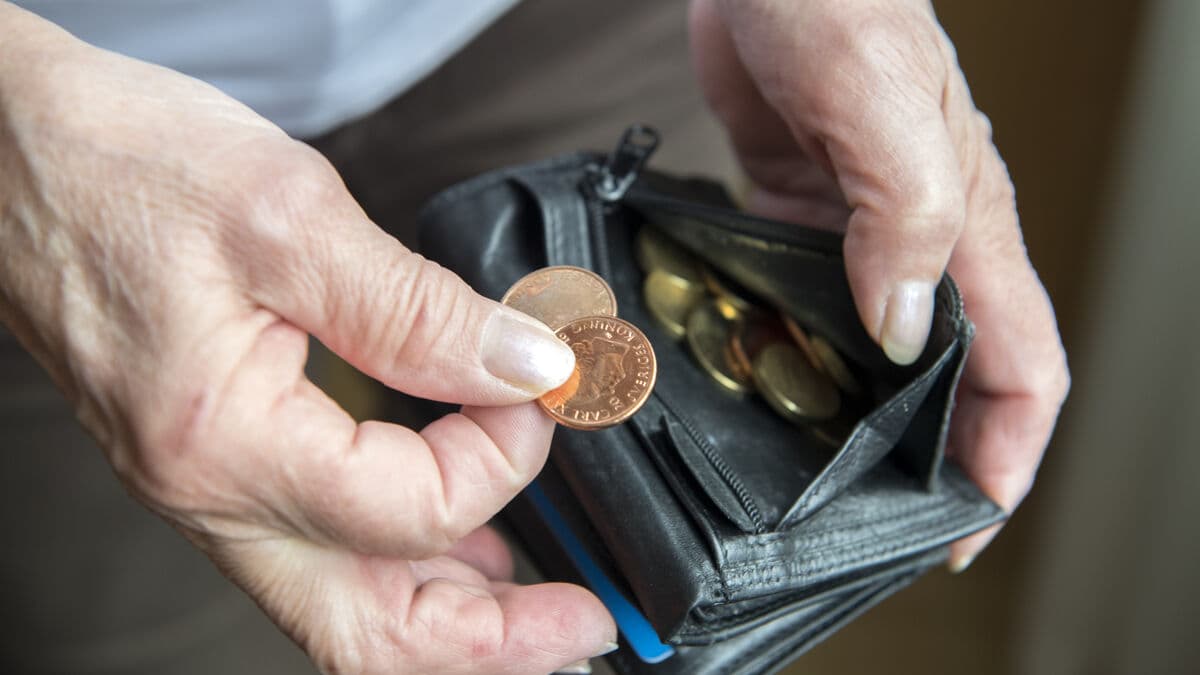According to the study, in which 2,599 people participated, 45 percent noted that the pain decreased when they stopped eating gluten and 45 percent the same when they excluded dairy products from their diet.
Of the women who reduced their coffee or other caffeine-containing foods, 43 percent said they experienced relief from the pain. When it came to quitting drinking alcohol, 53 percent noticed an improvement.
Reduce Inflammation
Endometriosis means that uterine lining or cells similar to uterine lining are present in other places than inside the uterus. The mucous membranes can cause new nerve cells to grow - cells that transmit pain experiences - and make existing nerve cells more active. The pain signals sent to the brain increase even more due to inflammation - an overreaction of the immune system. And it is precisely this inflammation that could be managed by dietary changes, one believes.
Jo Hanley from the organization Endometriosis UK believes that an anti-inflammatory diet can help.
It can include fruit, vegetables, beans, chickpeas, whole grains, nuts, seeds, and olive oil, but also a little fish and poultry, she says according to The Guardian.
Food containing refined sugar, carbohydrates, unhealthy fats, dairy products, red and processed meat can create inflammation in the body.
The study - which has been published in Jama Network Open - also found that it may be beneficial to exclude processed foods such as ready meals, ice cream, and candy to improve gut flora, which in turn reduces inflammation.
A tip from Jo Hanley is to keep a food and symptom diary to try to identify which foods may be associated with worse symptoms and increased pain.
"Opening the door to something big"
Despite many women suffering from endometriosis, there is relatively little research on causes and treatment. But maybe the discoveries of the positive connections with dietary changes can bring about a change for many.
It really feels like we're opening the door to something very big when it comes to understanding how diet affects endometriosis symptoms, says Philippa Saunders, one of the authors of the study and professor at the University of Edinburgh, according to The Guardian.
Endometriosis means that uterine lining grows outside the uterus. Approximately one in ten people who have periods have the disease.
The most common symptoms are severe menstrual cramps, pain deep in the vagina and abdomen during intercourse, symptoms similar to urinary tract infection with a feeling of frequent urination or difficulty urinating. It can also involve blood in the urine or stool.
Endometriosis can also cause fatigue, nausea, and fever.
Source: 1177






